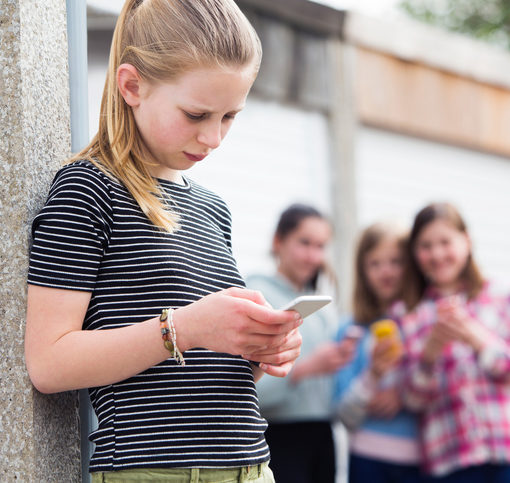If you have a teen with a smartphone, you know that texting and sending instant messages are important to your child’s social life. Because of the importance teens place on communicating this way, it’s possible that they’re using an app called WhatsApp to communicate with their friends. But is WhatsApp safe for your child to use? Here’s what you need to know about how WhatsApp works and whether or not it’s a safe app for your child.
What’s WhatsApp?

WhatsApp is an instant messaging service that can be downloaded to Apple or Android phones and mobile devices. With it, users can send messages containing text, photos, audio, or video. There are individual or group messaging options. Users can also post customizable status updates, letting their contacts know what they’re up to or whether they’re available to chat.
Teens like WhatsApp for a number of reasons. For one thing, it’s free, and it’s also not monetized, which means that there are no ads to interfere with the user’s experience. If your teen doesn’t happen to have unlimited texting on their phone plan, WhatsApp allows them to bypass the phone’s text messaging service and send as many texts as they want for free. WhatsApp also makes it easy to share photos, audio, and video with one or several contacts, so it may fill in gaps left by other text messaging or instant messaging services that don’t allow all of those formats or aren’t as convenient.
Is WhatsApp Safe?

WhatsApp has one unique security flaw: Unlike most other social messaging apps, WhatsApp doesn’t require its users to set passwords. That’s not necessarily a problem as long as your teen is not prone to losing their phone. However, it does mean that if an unfriendly acquaintance gets ahold of your teen’s phone, they could do damage by sending messages that look like they’re from your teen but aren’t.
Otherwise, WhatsApp is generally a safe app, but it is possible to use the app in unsafe ways. For one thing, although teens are supposed to be at least 16 to use WhatsApp, there’s no way to verify age, so a child of any age can join simply by adjusting their birth year during the sign-up phase. Also, there are no limitations on the type of content that can be sent, so it’s easy to use WhatsApp for sexting or sharing other inappropriate material. Perhaps most concerning, WhatsApp allows users to share their location and contact information with other users. It also allows geotagging of photos. If your child meets an online predator and begins communicating with them via WhatsApp, that person could get your child’s location from the app.
Safety Tips
Because WhatsApp doesn’t require a password, it’s a good idea for your child to make sure that their phone itself locks with a password, so that no one can pick up their phone and send messages for them. (Of course, as the parent, you should also know the password.) Make sure that your teen sets their sharing settings to their contacts only, so that strangers can’t see their status or follow when they’re using the app. It’s important to talk to them about only adding people that they know and can trust to their contact list. They should also turn the geotagging feature off. Finally, make sure your teen knows how to delete contacts, block users who are bothering them and report harassing or inappropriate messages.
To learn how it works, get our free trial.





